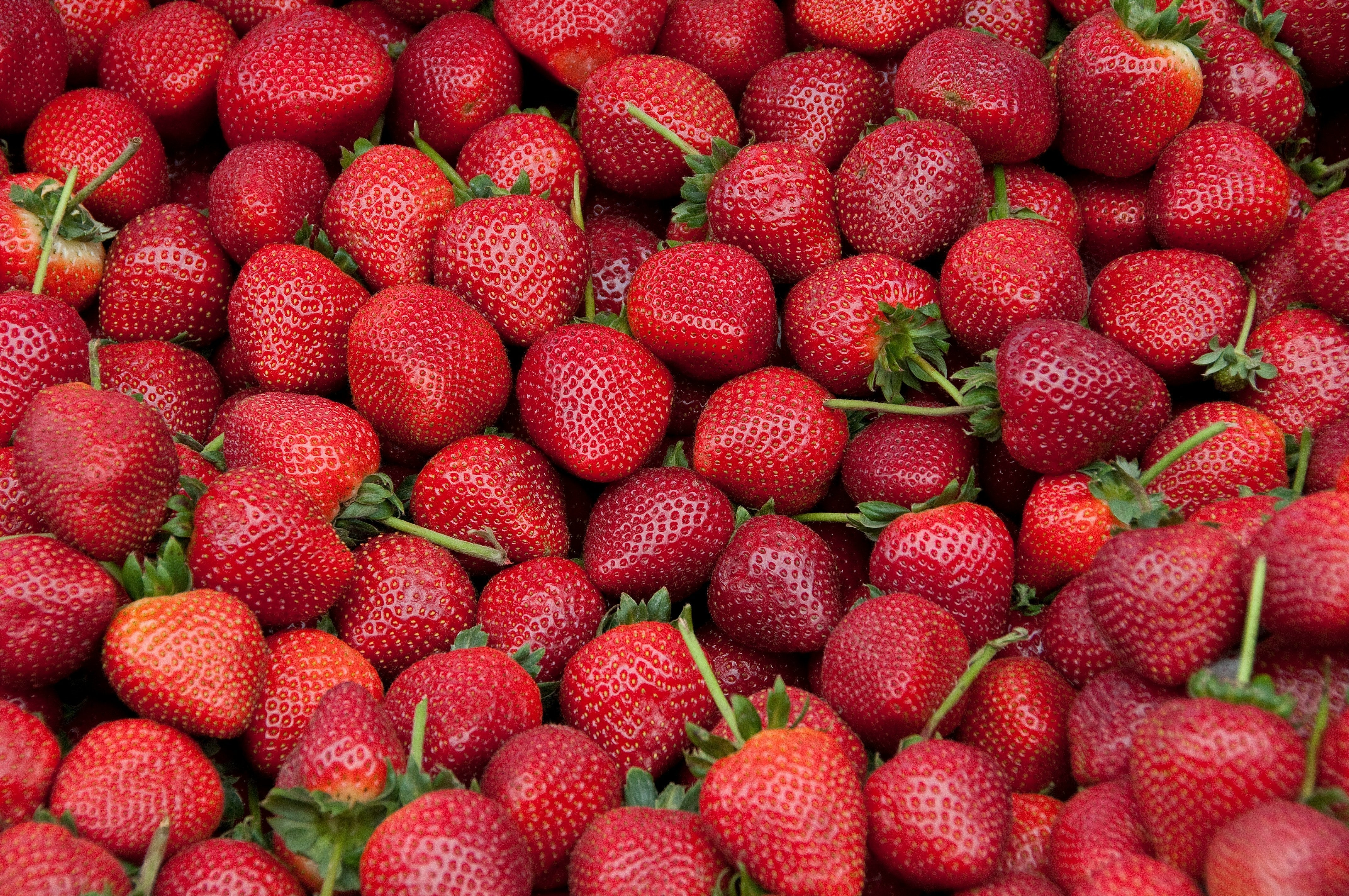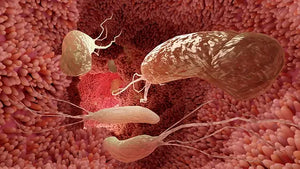Every year, the Environmental Working Group (EWG) releases its Dirty Dozen list—a roundup of the 12 fruits and vegetables found to have the highest levels of pesticide residue. And this year’s report is raising eyebrows (and grocery lists).
If you’re doing your best to buy fresh produce to support your family’s health, this list matters. Because the truth is—some of the most nutrient-dense foods we reach for daily, like spinach and strawberries, may come with more than we bargained for.
Even after washing, these crops can carry multiple pesticide residues. We’re talking about chemicals linked to hormone disruption, gut imbalance, and developmental concerns. And yes—even some organic produce undergoes post-harvest treatments that aren’t exactly toxin-free.
So let’s break it down. Not to scare you—but to inform and empower you to make better choices, one step at a time.
The 2025 Dirty Dozen List (Highest Pesticide Foods to Avoid):
According to EWG testing, these are the top 12 produce items with the most pesticide contamination:
-
Strawberries
-
Spinach
-
Kale, Collard & Mustard Greens
-
Grapes
-
Peaches
-
Pears
-
Nectarines
-
Apples
-
Bell & Hot Peppers
-
Cherries
-
Blueberries
-
Potatoes
These are the foods most important to buy organic, especially if you consume them frequently or feed them to young children.
Behind the Chemicals: What You’re Really Consuming
Let’s talk about glyphosate, the most widely used herbicide in the world—and the active ingredient in Roundup.
Originally developed by Monsanto, Roundup has been under fire for years due to its ties to cancer, especially non-Hodgkin’s lymphoma. In 2015, the World Health Organization classified glyphosate as a probable human carcinogen. It’s also been linked to hormone disruption, infertility, gut dysbiosis, and developmental toxicity—especially concerning for pregnant women and children.
In 2018, Bayer—a pharmaceutical and agricultural giant—acquired Monsanto. Many hoped the takeover would spark reform. Instead, Bayer has continued business as usual, fighting off lawsuits (to the tune of billions of dollars) and refusing to change the formula. Roundup is still everywhere—used in conventional farming, landscaping, and even public parks and schools.
So when we talk about “pesticides” on your produce, this is what we’re up against. A system designed to prioritize profit over safety. A legacy of chemical warfare (yes, Monsanto was once a chemical weapons manufacturer) now showing up in your food, your lawn care, and your child’s grape snack.
And while we can’t control everything, we can reduce our exposure by shopping smarter and staying informed.
How Pesticides Affect Your Health (And Why It Matters)
These aren’t trace amounts of residue. Many samples tested showed 10+ different pesticides on a single item. And while the industry might say these are “within regulated limits,” what we’re seeing in practice is rising chronic inflammation, hormone issues, cancer, and immune dysregulation—especially in children.
Take strawberries: thin skin, heavy spraying, and a history of ranking #1 on this list. Or spinach—lightweight, leafy, and known to carry more pesticide by weight than almost any other produce. (Plus full of oxalates—but we’ll save that topic for another day.)
Scientific research continues to show links between long-term exposure to pesticide residues and a range of health concerns, including:
-
Hormone disruption
-
Gut microbiome imbalance
-
Immune system stress
-
Increased cancer risk
This isn’t about demonizing food. It’s about understanding that food quality matters, and that not all produce is created equal—especially when it comes to toxic load and everyday exposure.
Tips to Shop Smarter and Lower Pesticide Exposure
You don’t need to go fully organic overnight, and you don’t need to panic every time your kid eats a conventional blueberry. But knowledge is power—and small shifts make a big difference.
Here’s where to start:
-
Prioritize organic for Dirty Dozen items. These are the most heavily sprayed crops.
-
Shop local and ask questions. Farmers at local markets often use minimal spraying even if they’re not certified organic.
-
Wash produce thoroughly. A vinegar soak or baking soda wash can help, but won’t remove systemic pesticides.
-
Grow your own when possible. Even a small garden or a few patio pots can cut exposure and save money.
-
Support brands that care. Choose companies transparent about their sourcing, spraying, and safety practices.








